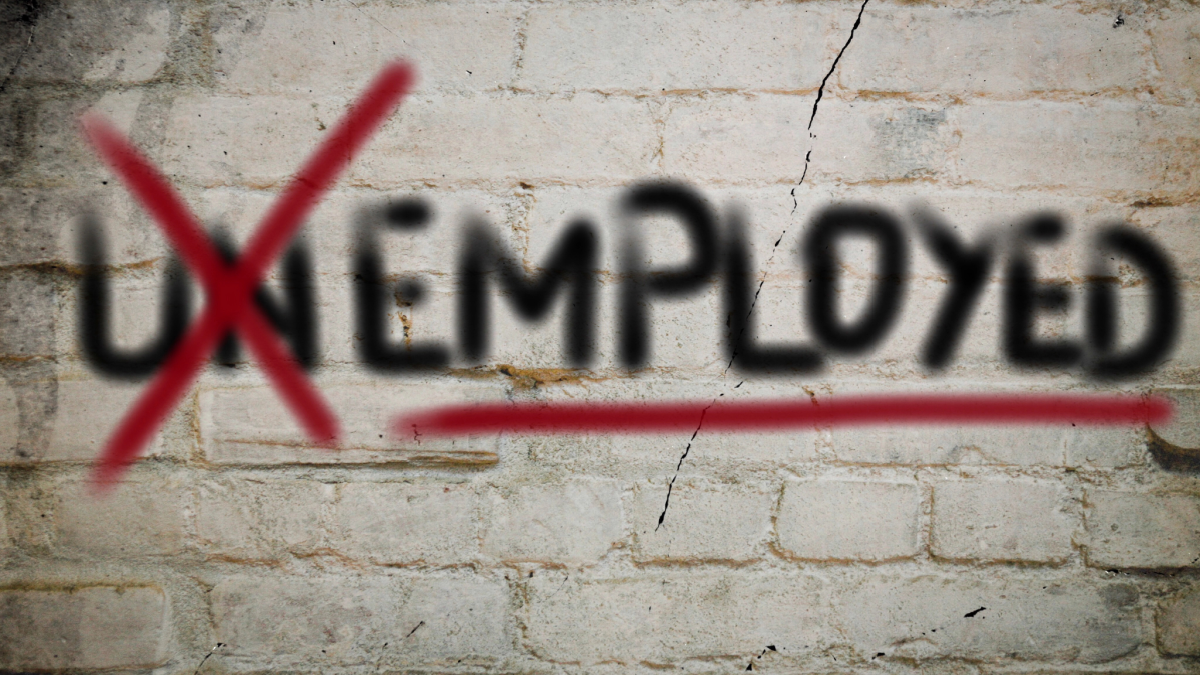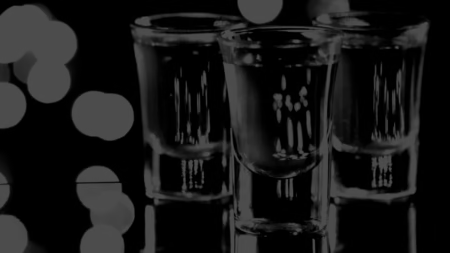
Recently I celebrated my sixth year of sobriety. Am I an expert on the topic? God no. But something that I can share confidently and tangibly is my personal experience, plus more than 5 years working as a frontline addiction worker throughout the COVID era and beyond.
I myself can only share through the lens of someone who is fortunate enough to have a supportive family and the means to seek the right help that was appropriate for me. I believe my sharing points are applicable to most, though, and I think a lot of the symptomology of early recovery is fairly universal.
One thing I cannot comment or elaborate on is anything to do with the physical withdrawal symptoms that can occur as a result of abstaining from substance use, as I am NOT a medical professional. If you are experiencing withdrawal-like symptoms, please seek medical attention immediately. This is nonnegotiable!
And with that said, here is my six-point guide to early recovery!

Make your bed EVERY day.
This may seem like a triviality, but this is one of the best gifts you can give yourself in your new self-care era. It builds discipline within you, creates a good habit, and … come on …. what’s better than getting into a neatly made bed at night? It’s an I-love-you from morning you to nighttime you. Which actually leads me to my next point!
Sober Curator Pro Tip: Book Review: ‘Make Your Bed’ by Admiral William H. McRaven – Insights on Recovery

Insomnia = inevitable.
I can’t speak too much about PAWS (post-acute withdrawal symptoms) because — yes, you guessed it — I am not a medical professional. What I CAN tell you, though, is that insomnia definitely falls under the PAWS umbrella, and I have yet to meet a sober amigo who hasn’t gone through it at some point.
Personally, I didn’t sleep properly for about 3 months, and it quite literally almost drove me insane. In hindsight, if I had accepted that this might be one of the unpleasant byproducts of early recovery, it would have made the acceptance piece easier and I likely would have slept better. And hey! That actually dovetails quite nicely into my next point.
Sober Curator Pro Tip: Check out our Spiritual Gangster channel for ways to soothe your busy mind.
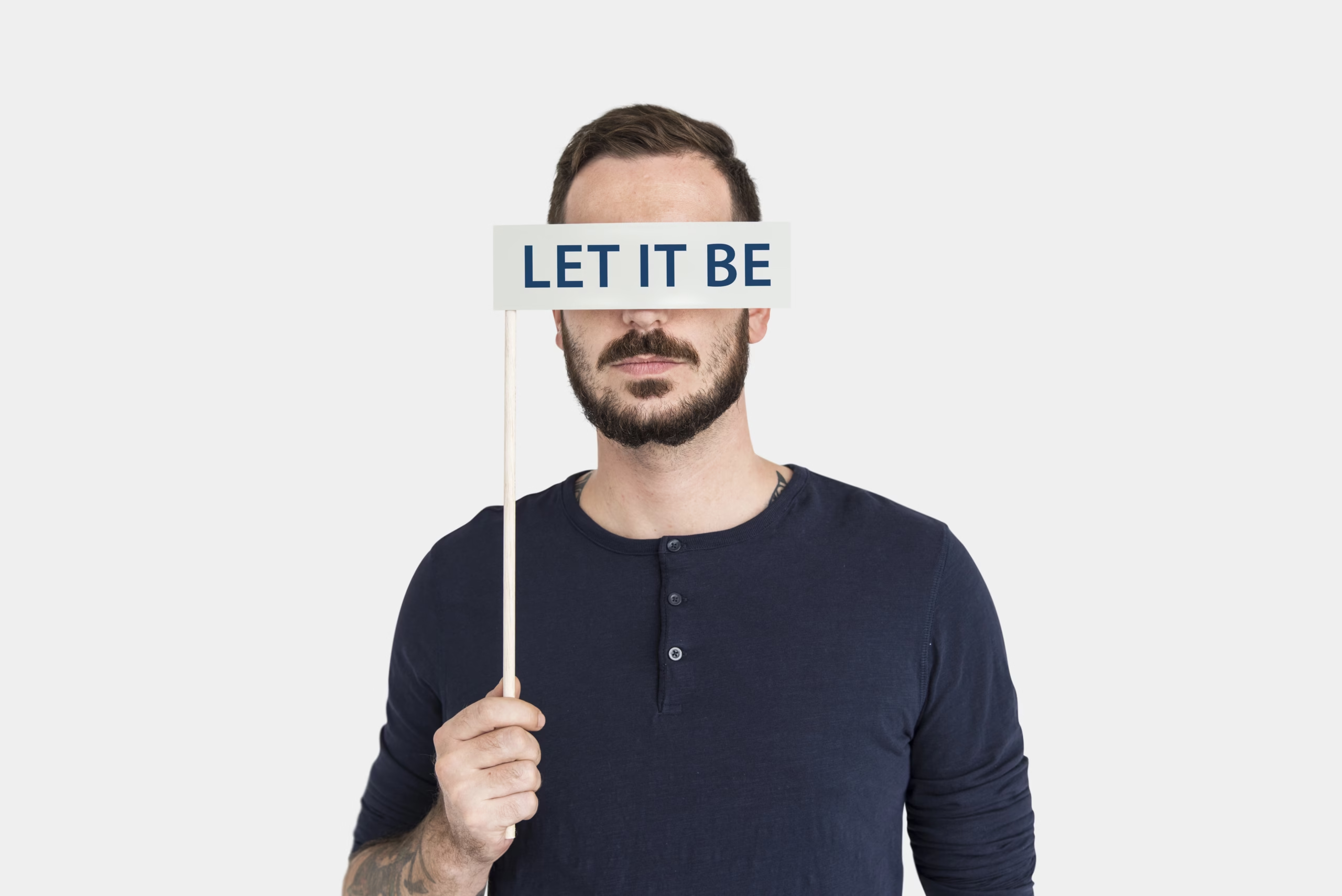
Acceptance is key.
Life is painful, one way or another. Early recovery can be a very distilled concentration of pain for a lot of people. With pain there is no growth, and the only way through pain is acceptance.
Remember how bad your legs used to hurt when you were a kid, nearing the throes of puberty? That unpleasant ache that you could do nothing about which made you the tall drink of water you are today? The emotional pain you’re feeling in early recovery is like that, but in your soul rather than your body.
I do realize that is a very simplistic (and possibly dismissive) view of the extreme emotional discomfort that can come with early recovery, but humor me, folks. You needed the leg pain to become a different person in the same way as you need the emotional pain to become a different person — and more importantly, the best version of yourself.
Sober Curator Pro Tip: Looking for tips on how to practice acceptance? Finding Power in Powerlessness: Step 1 and Stoicism
Remember: The only way out is through! So get some tissues and …

Get ready to cry!
Please see the last point re: why you are crying so much.
I cried every day for the first year of my recovery. Every. Day. And we’re not talking a single tear and a quivery bottom lip. I’m talking snotty, shuddering, shaking UGLY CRIES.
Because let me tell you something: everything you’ve been numbing with your DOC (that’s drug of choice for the normies out there) is coming up and coming out. Emotional barfing, if you will. It may feel like the tears will never end, but they will!
Own it. Do it in groups. Do it in therapy (best). Do it at the grocery store. Let it flow. Your emotional brain is regulating itself. Don’t forget to hydrate!
Sober Curator Pro Tip: Cry Baby, Cry by Sober Curator Contributor Jason Mayo
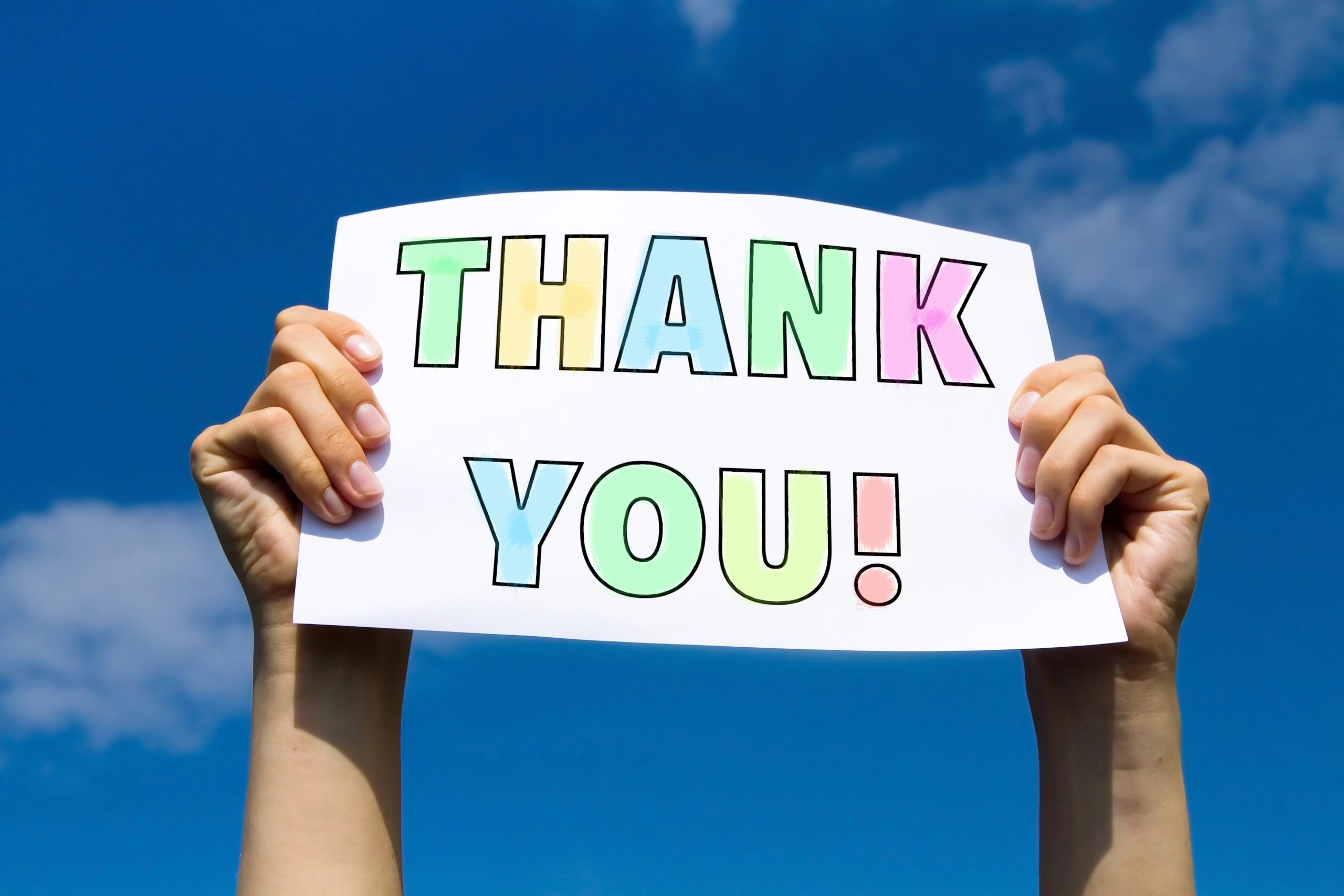
Maintain an Attitude of Gratitude but roll with the bad days.
As my man Tom Petty once said; “Some days are diamonds, some days are rocks”.
Often, we are told daily in early recovery that we have to practice gratitude daily, even when times are bad. Some of my favorite shares at meetings or from sober friends are when folks state that they are having a shitty day and that’s just the way it is.
Getting sober is probably the best thing you will ever do for yourself and the people you love, but that doesn’t mean it’s going to erase your bad days. On the contrary, they might feel extra bad because you can’t drink or drug away your problems like the majority of people do.
There is no escape from your bad days, so just lean into them when they happen. Tomorrow is a new day. Remember, acceptance is everything — and remember #3? The only way out is through!
Sober Curator Pro Tip: 24 Ways to Cultivate Gratitude
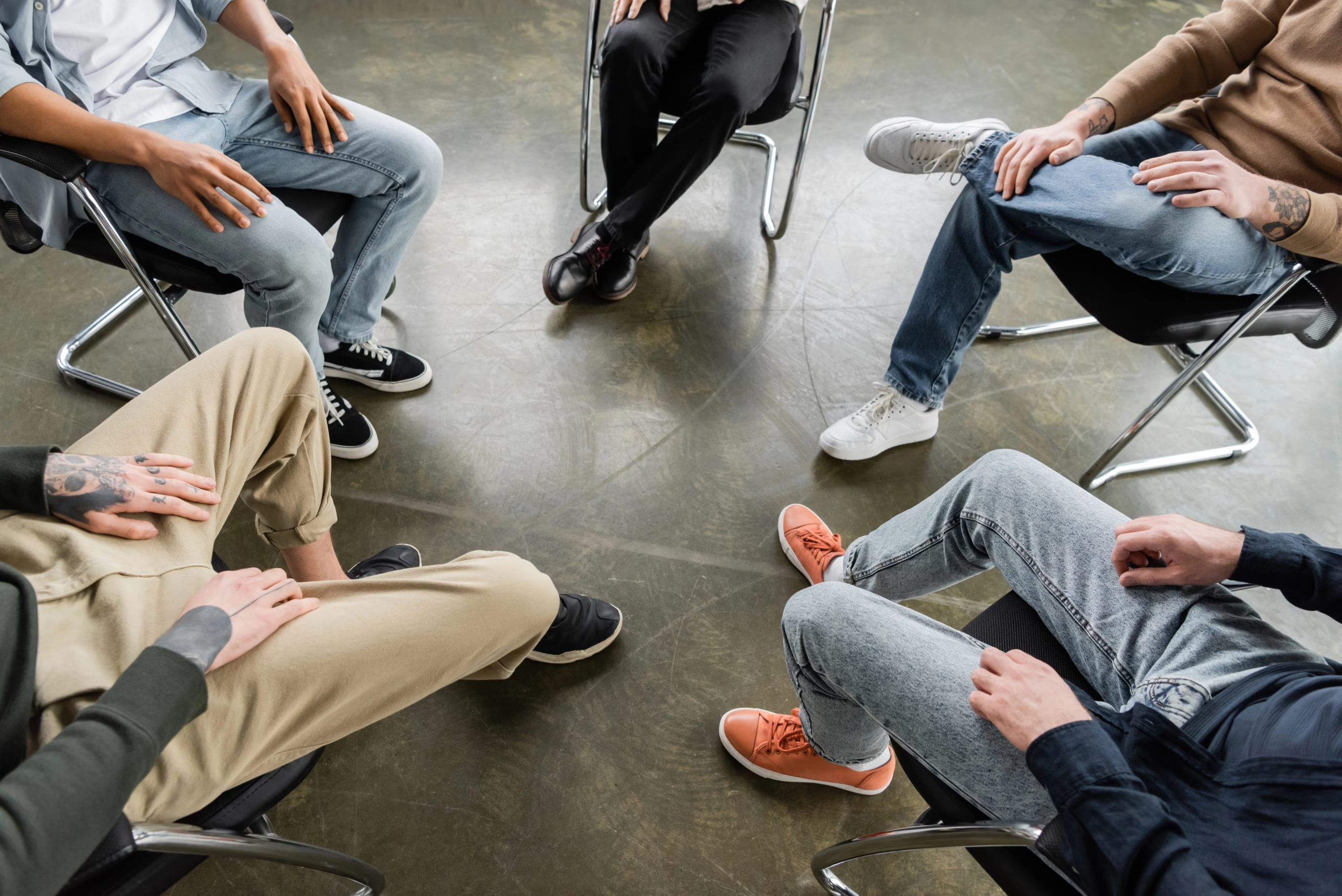
Go to meetings.
I would like to clarify that I’m not referring to any particular organization. I think recovery is very subjective, as one’s own recovery is a very personal thing.
One common theme that is embedded in any sort of recovery group, though, is spending time with other people in recovery. This is absolutely crucial. You will feel alienated if you do not do this, and alienation may lead to relapse.
We are social animals, and we need connection. We need to share the experience of the humility and rawness of early recovery. Without this, we isolate and put ourselves in the danger zone.
At the very minimum, once a week, try to go to a meeting, a group or just spend time with even one other person who is in recovery. Share the experience. Be receptive to guidance. Be vulnerable! It will help you feel better, I promise.
I could go on, but you are probably overwhelmed enough – especially if you are reading this in early recovery.
I encourage you to consider these points and try to implement a few of them. Keep in mind that these are from my own playbook, but I have also learned a lot from my sponsors, role models and peers.
The more sober time you get under your belt, the more you are able to pay it forward. So lean into this beautiful and occasionally soul-crushing journey. Take your time and be patient with yourself. And for God’s sake, make your bed!
CONTRIBUTOR: Lucas Renshaw is a musician and frontline addiction worker turned writer, exploring resilience and the quiet strength found in recovery. He lives in Victoria, BC, and tours internationally as a bass player with various artists. Follow him on IG @lukeren.
SPEAK OUT! SPEAK LOUD! at The Sober Curator is a celebration of authentic voices in recovery—echoing Madonna’s call to “Express yourself!” Here, readers and contributors take the spotlight, sharing transformative sobriety journeys, creative talents, and new avenues of self-expression discovered along the way. Through videos, poems, art, essays, opinion pieces, and music, we break the silence that often surrounds addiction, replacing it with connection, hope, and inspiration.
Your story matters—and we want to hear it. Submit your work to thesobercurator@gmail.com or DM us on social media.
Disclaimer: All opinions expressed in the Speak Out! Speak Loud! Section are solely the opinions of the contributing author of each individual published article and do not reflect the views of The Sober Curator, their respective affiliates, or the companies with which The Sober Curator is affiliated.
The Speak Out! Speak Loud! posts are based upon information the contributing author considers reliable. Still, neither The Sober Curator nor its affiliates, nor the companies with which such participants are affiliated, warrant its completeness or accuracy, and it should not be relied upon as such.

Help is Available
THE SOBER CURATOR RESOURCE GUIDE: At The Sober Curator, we provide high-quality content centered around the vibrant and fulfilling lifestyle of sobriety. While our focus is on the positive aspects of sober living, we also acknowledge that life can present challenges without the aid of alcohol or substances. Coping with these challenges alone can be daunting, which is why we strongly believe in finding recovery within a supportive community because it is the opposite of addiction.
If you or someone you know is struggling with alcohol use disorder, substance use disorder, a co-occurring illness, or a behavioral health disorder, we urge you to seek help. While the task may seem daunting, it’s important to remember that support is readily available and that there are people out there who want to help.
It’s crucial to remain persistent in your search for assistance until you find the right solution for your unique situation. In some cases, it could be a matter of life or death, so it’s essential to never give up on finding the necessary help.
If your life or someone else’s is in imminent danger, please call 911. If you are in crisis and need immediate help, please call: 988.





